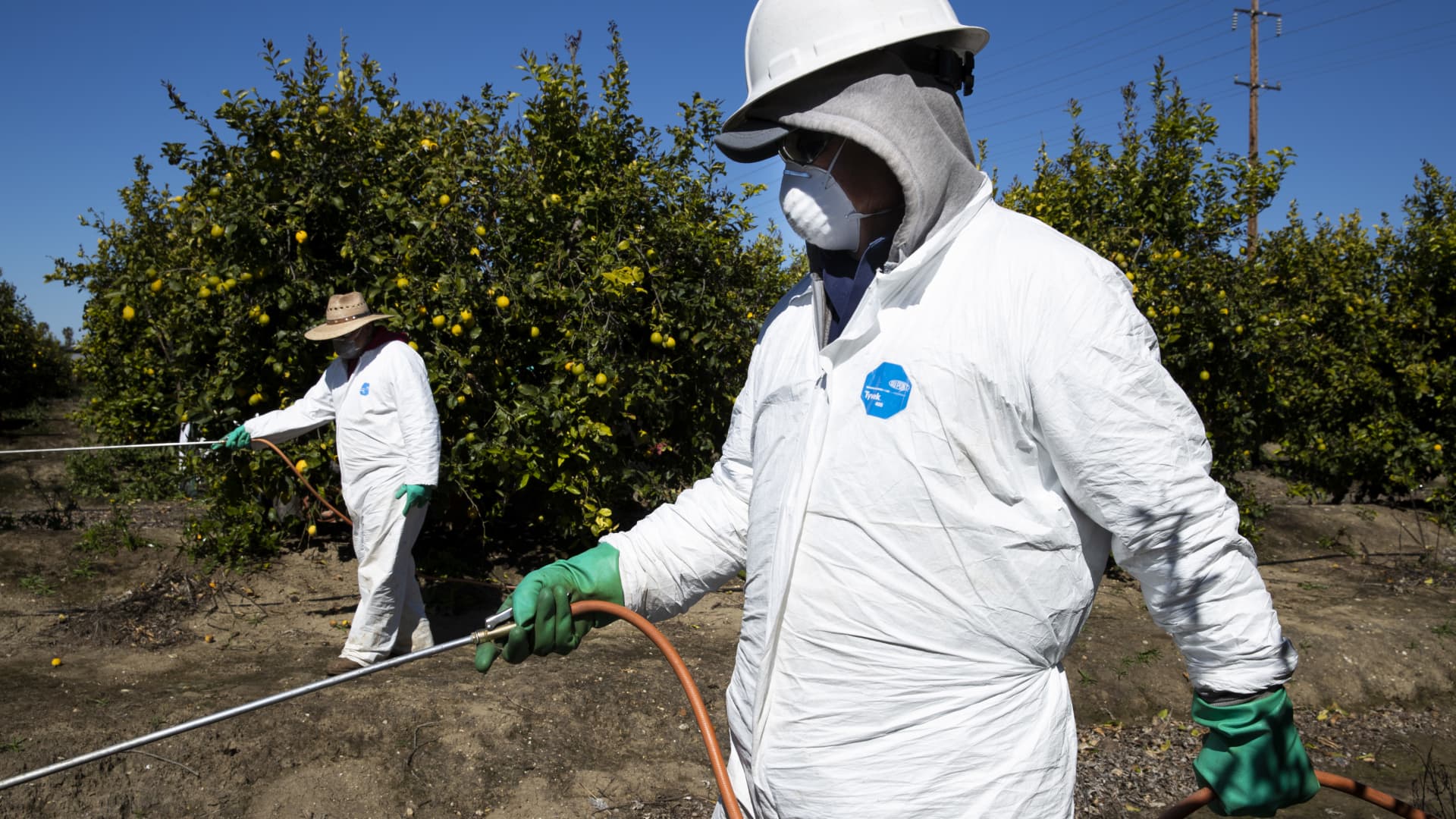- Joined
- Dec 11, 2018
- Messages
- 1,237
- Trophies
- 0
The coronavirus outbreak could affect food security as the global pandemic disrupts labor availability and the supply chain.
“We risk a looming food crisis unless measures are taken fast to protect the most vulnerable, keep global food supply chains alive and mitigate the pandemic’s impacts across the food system,” said the Food and Agriculture Organization of the United Nations (FAO) in a recent post on its website.
The FAO said disruptions can be expected in April and May.
Restrictions on movements and “basic aversion behaviour” by workers could impede farming, said the FAO. Food processors, who handle the vast majority of agricultural products, could also be prevented from processing the farm products.
“We are already seeing, however, challenges in terms of the logistics involving the movement of food (not being able to move food from point A to point B), and the pandemic’s impact on livestock sector due to reduced access to animal feed and slaughterhouses’ diminished capacity (due to logistical constraints and labour shortages) similar to what happened in China,” said the FAO.
Indeed, Fitch Solutions says global food supply is relatively ample with the outlook for the 2020 to 2021 crop year positive thanks to mild weather conditions in key producing regions.
“Grain production in developed markets, usually done on large farms in low-density areas are less prone to contagion, but labour-intensive sectors such as plantations (palm oil) and manufacturing (meat processing) are more at risk of employee contagion and therefore of temporary lockdown measures,” said Fitch Solutions in a recent note.
Malaysia’s largest palm oil producing state, Sabah, ordered the closure of palm oil plantations in three districts after some workers tested positive for the coronavirus disease, formally known as COVID-19.
Even though there are adequate supplies of staple food, notwithstanding manpower and logistical challenges, any restrictions by countries reserving strategic supplies would heighten risks.
“Some countries could resort to trade restrictions or aggressive stockpiling in a bid to safeguard food security, which could quickly escalate and support grain and oilseed prices,” said Fitch Solutions.
Among the major crop producing countries that have implemented export restrictions are Vietnam, which has curbed rice exports and Russia, which has halted processed grain exports. Kazakhstan has also suspended exportsof wheat flour, buckwheat, sugar, sunflower oil, and some vegetables
Such moves could lead to an acceleration of food price inflation during a time when consumers are concerned about lockdowns and have created their own stockpiles at home, said Fitch Solutions.
“The potential implementation of food protectionism measures at the country level in an attempt to safeguard food security, such as export restrictions in key suppliers or aggressive state stockpiling could also significantly disrupt the global food supply,” said Fitch Solutions.

A food crisis looms as coronavirus forces farms to stay idle and countries hoard supplies
The coronavirus outbreak could affect food security as the global pandemic disrupts labor availability and the supply chain.